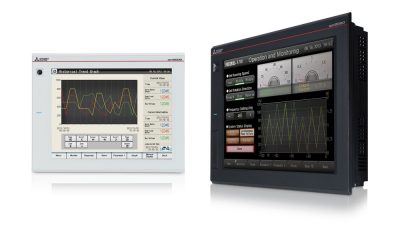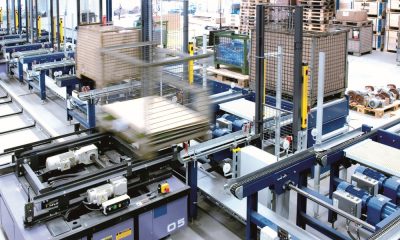Adjustable Speed Drives
Continued market growth is testament to the development of PLCs
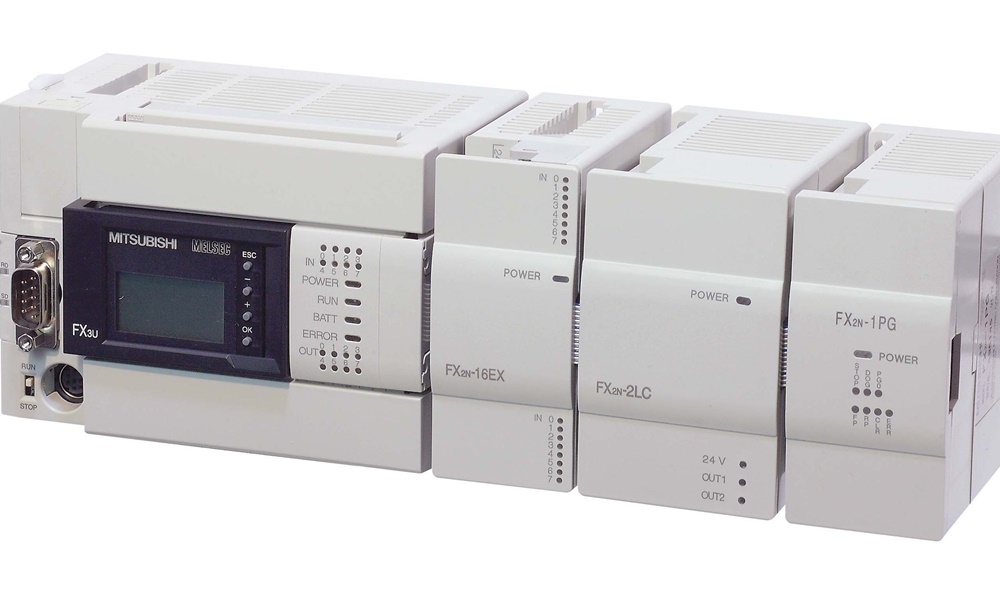
The PLC versus IPC or PC based control debate has been with us for over two decades now, with commentators making various predictions about the rise of industrial controllers with PC based internals versus purely PLC solutions. Yet according the latest figures from Gambica the PLC market continues to grow.
Mitsubishi Electric is heavily invested in PLC technology with a massive installed base and a continuous stream of innovations being released to the market.
Indeed, it is interesting as part of the PLC versus IPC debate to note that there has been some blurring of the technologies, with each now incorporating some of the features of the other. From the PLC perspective, this includes everything from the inclusion of embedded web servers to the availability of plug-in PC modules such as Mitsubishi Electric’s C-Controller. Other modules, such as Mitsubishi Electric’s MES module, mean that PLCs can now link directly to higher level systems without the need for intermediate PC hardware. Furthermore, the combination of PLCs and HMIs means that PLC platforms can also provide a very PC-like environment for SCADA and other visualisation applications.
The latest generation of PLCs are also offering broader functionality such as embedded robot controllers with the related safety systems and aspects of AI that allow for flexible learning and intelligent decision making. Users are thus free to look at the most appropriate solution for a given application rather than being forced along either one route or the other because certain vital features and functions are missing. Even here it is interesting that the appeal of the PLC often endures and for many users there remain good reasons to stick with a purely PLC orientated approach.
Part of that comes from the proven reliability of PLCs in applications where it is not uncommon for users to expect assets to deliver for a decade or more, with no pressing requirement to constantly upgrade control and automation systems. When the user does eventually want to upgrade to a new control platform, the PLC offers an inherently easier migration path than the IPC solution.
Perhaps more important to the user / operator is the requirement in many of those same applications for longevity of support. In the water industry, for example, AMP periods of typically 5 years mean that system integrators want to be assured of complete product stability, so that they can replace products like-for-like with minimal engineering overhead.
Now, system integrators in other areas of the utility and transport infrastructure are reporting that customers are calling for even longer product lifetime support, with even 15 years becoming common. Because PCs evolve and transform over much shorter product cycles than PLCs, they will often be much more of a challenge to support over the longer term, even if at the specification stage they might have tangible advantages over traditional PLC-based alternatives.
The feedback from system integrators and machine builders on the PLC versus IPC debate has also been interesting when it comes to their own development efforts, particularly in applications where, on paper, either approach would yield a good solution. For example, machine builders producing serial volumes of the same machine often feel the IPC route could be convenient for them. In contrast, machine builders and systems integrators who are adapting or customising individual machines to meet different requirements frequently report that they find it easier to configure PLCs to meet those differing user needs.
There are many other reasons why the appeal of the PLC endures. The issue of cyber security continues to grow, and many users are still reticent to put what they see as more vulnerable PC hardware into critical automation systems. Perhaps that view is unfair – there have, after all, been a number of high profile cyber attacks and viruses targeting PLCs. There exists a perception maybe, that the bespoke operating environment of the PLC offers protection through unfamiliarity rather than the standard operating systems of PC based control, however, it would be naïve to think that ‘security through obscurity’ would deter a determined hacker with the correct backing.
-
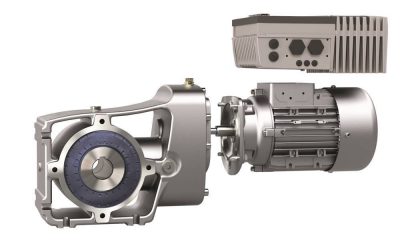
 Drive systems5 years ago
Drive systems5 years agoIntelligent frequency inverters for digital production
-
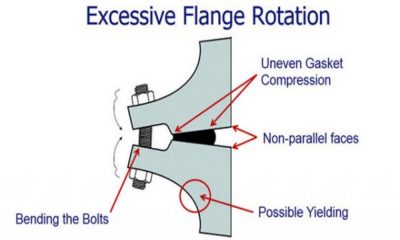
 Industrial Hardware and Machine Parts8 years ago
Industrial Hardware and Machine Parts8 years agoThe necessity of bolted flange connection training
-
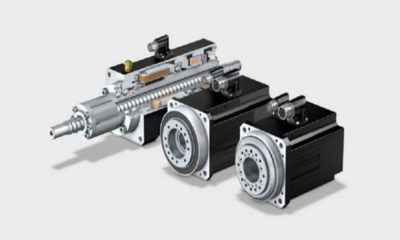
 Motors8 years ago
Motors8 years agoNew generation of hollow shaft motors
-

 Industrial Hardware and Machine Parts7 years ago
Industrial Hardware and Machine Parts7 years agoABB and Formula E partner to write the future of e-mobility
-
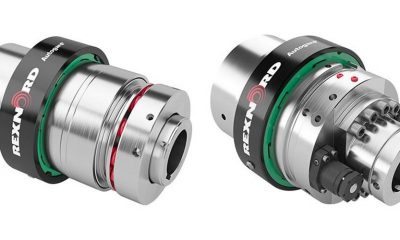
 Industrial Hardware and Machine Parts7 years ago
Industrial Hardware and Machine Parts7 years agoRexnord adds to its Autogard Torque Limiters with the XG Series
-

 Motors8 years ago
Motors8 years agoZF Technology on the Winners’ Podium of the Dakar Rally 2017
-
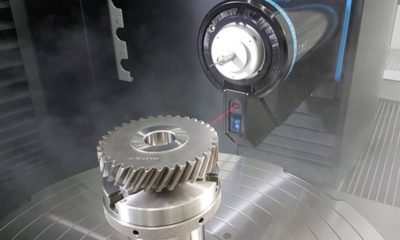
 Gear drives7 years ago
Gear drives7 years agoKlingelnberg at control 2018: Tactile and optical measurement on one machine
-
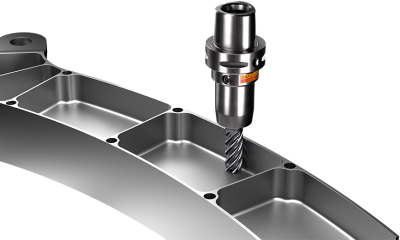
 Motors8 years ago
Motors8 years agoGet a first-class ticket to productivity
-
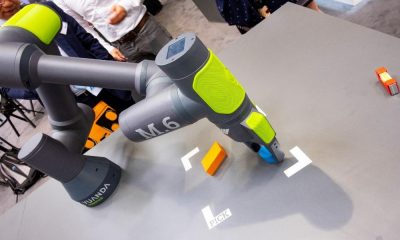
 Motion control7 years ago
Motion control7 years agoWhere the robots come from?
-
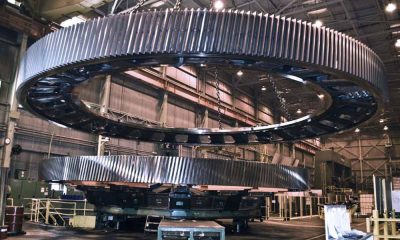
 Motion control7 years ago
Motion control7 years agoRexnord to Acquire Centa Power Transmission
-

 POWER TRANSMISSION TECHNOLOGIES4 years ago
POWER TRANSMISSION TECHNOLOGIES4 years agoEUROTRANS Board meets for its first session in 2021
-

 Industrial Hardware and Machine Parts8 years ago
Industrial Hardware and Machine Parts8 years agoCustom hobbing tool enables 45-degree angles



